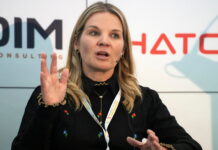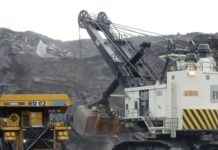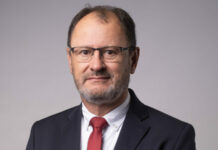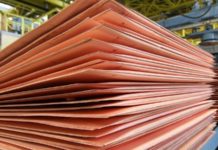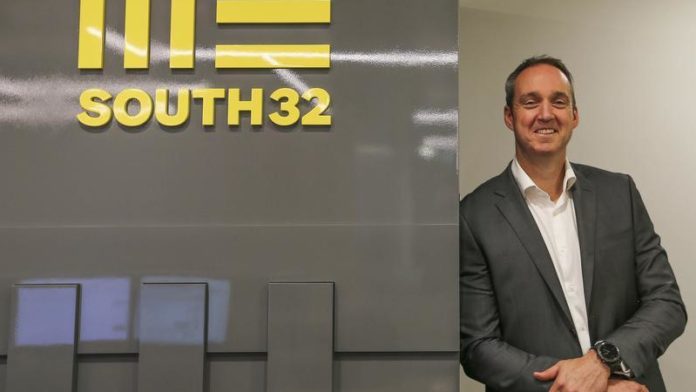
IT’S 10 years since BHP demerged production in coal, aluminium and silver into a company that became South32 — so named owing to its exposure to southern hemisphere assets. The company had other names too, according to CEO Graham Kerr.
“When we were first created we had those names, like ‘Crapco’,” he said in an interview following the firm’s full year results presentation last month.
BHP kept its iron ore production but was happy to release coal mines in South Africa and Australia, as well as aluminium and manganese, both of which have found fresh legs as niche metals in the global energy transition. But in 2014 South32 was quite clearly an orphan, with uncertain prospects.
CEO since its inception, Kerr has moved through 1½ transactions a year, mainly sloughing off the troublesome assets, those heavy in capex or rehabilitation costs, or both. What’s perhaps less recognised are the new projects and assets into which South32 has bought.
According to Kerr, the company has some of the best near-term production growth in valuable metals such as copper and zinc. He estimates copper production growth of 15% this financial (2025) year.
This will be by means of the addition of a fourth grinding line to Sierra Gorda — a mine in Chile in which South32 acquired a 45% stake in 2021 — as well as the first production from the Taylor project in Arizona Mining that South32 bought in 2018 for $1.3bn in cash.
There are companies with a greater scale of expansion, but in an investment world besotted with copper, South32 also has positioning in the aluminium value chain with operations in bauxite, alumina and finished aluminium, the latter in South Africa and Mozambique.
“In a sales pitch to an investor now, I’d say there’s not really a mid-tier company that is nimble and has strong exposure to base metals,” said Kerr. “We think we are changing that. We recognise the business we are,” he said.
Like any other, the company has its short-term headwinds. One is winning regulatory approval for the expansion of South32’s Worsley alumina refinery. It’s a major irritant for Kerr. Slick in presentation (and a very fast talker) he pauses to describe some of the environmental conditions that are placed on the expansion by West Australian bureaucrats as impractical. About 1,700 jobs are at stake.
There’s also a question mark hovering over the exact shape of future energy supply to South32’s Hillside aluminium smelter in KwaZulu-Natal. The group is driving technological changes and has sought the supply of nuclear power from Eskom in the recent past, but the risk remains that aluminium from South Africa could become costlier as world markets reward green aluminium.
Kerr says South Africa’s government of national unity and the improvement of Eskom are promising signs. “The new Eskom CEO [Dan Marokane] has been to Mozal [in Mozambique] and is hugely interested in Hillside,” said Kerr, who is also complimentary about Michelle Phillips, Transnet’s new CEO. She is “very open … rather than lecturing us and complaining about us,” he added, referring to the attitude of previous management of the ports and rail company.
A version of this article first appeared in the Financial Mail.






